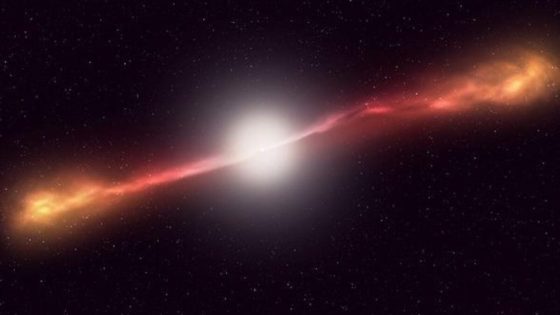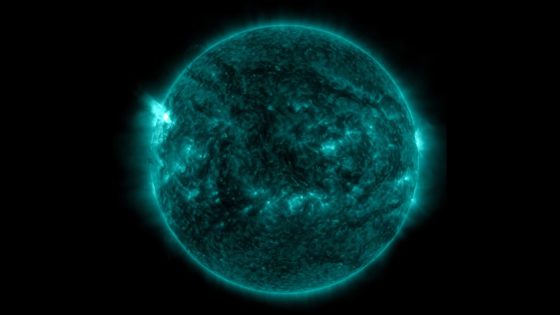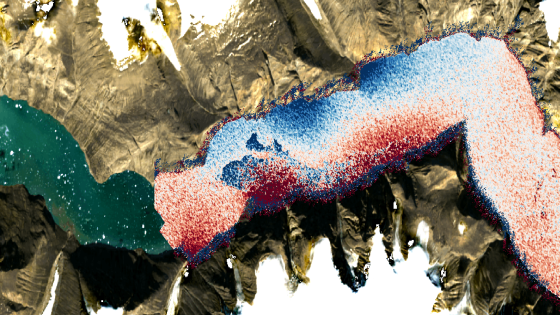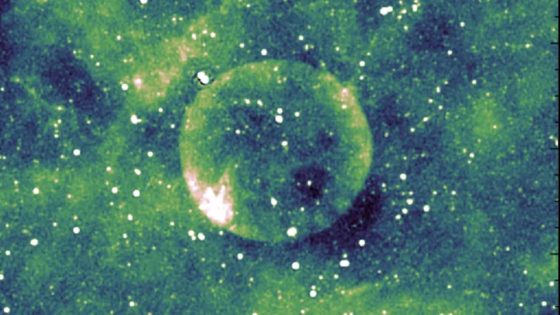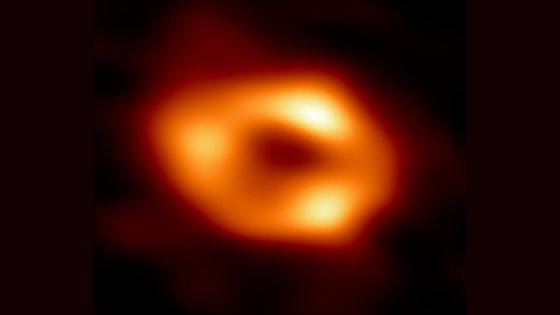A groundbreaking study from Johns Hopkins University reveals that supermassive black holes might be natural particle accelerators, generating high-energy collisions akin to those produced by the Large Hadron Collider (LHC). Published on 2025-06-03 23:56:00 in Physical Review Letters, this research opens new avenues in understanding dark matter and fundamental physics.
- Supermassive black holes as natural particle accelerators
- Study published in Physical Review Letters
- Potential to uncover dark matter particles
- High-energy collisions rival Large Hadron Collider
- Research could complement traditional collider methods
- Observatories may detect particles from black holes
Co-authors Andrew Mummery and Joseph Silk suggest that spinning black holes could exceed the capabilities of human-made colliders, a significant finding as funding for physics research dwindles. Their work validates long-held theories about black holes’ potential to create conditions for particle collisions, which could lead to discoveries about elusive particles.
This revelation raises intriguing questions about the universe’s most mysterious components. Could black holes provide a more efficient way to study high-energy particles? Consider these points:
- Supermassive black holes could produce high-energy particles that human-made colliders cannot.
- Understanding these natural accelerators may lead to breakthroughs in dark matter research.
- Current observatories like IceCube and KM3NeT could detect these cosmic phenomena.
As researchers delve deeper into the mysteries of supermassive black holes, we may find new pathways to uncover the nature of dark matter and the universe itself.



